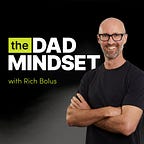Did you know that chickens can purr? No…I didn’t either.
I also never knew that chickens had teeth, well, in a strange kind of avian way.
If you’ve ever thought about getting some chickens (or chooks as they are known here in Australia) for your back garden, listen to this episode with Tove Danovich, journalist and author of the book, Under The Henfluence: Inside the World of Backyard Chickens and the People Who Love Them.
Tove has an infectious enthusiasm for chickens, an enthusiasm that is closely matched by my daughter, and this special episode’s co-host, Annika.
Annie, has loved chickens for years and recently more and more families have been asking for our help in how to get started in keeping their own chickens, so we thought we’d put together an episode that will give you an overview of:
Things to consider before starting a flock of chickens
Things to consider before building a chicken coop
And things to wonder at because they are, quite simply, fascinating.
Some of the key takeaways, chatting with Tove, for me are:
Chickens can live for up to 13 years, so if you are thinking of getting some pets be prepared to have them around for a while
Buying eggs at a supermarket wanting to select for optimal animal welfare is trickier than you might think
Chickens make for good pets in that, unlike cats and dogs, they don’t really care when you are not around as long as someone feeds them and puts them out
Roosters don’t have penises, (that’s right, you read correctly) and that’s why it’s so damn hard to sex them at birth.
Anyway, I hope you take as much from this chat with Tove as I did.
Big hug
Rich
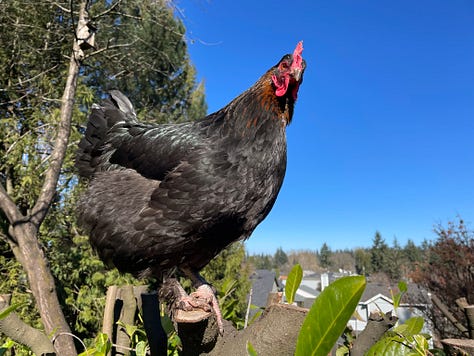
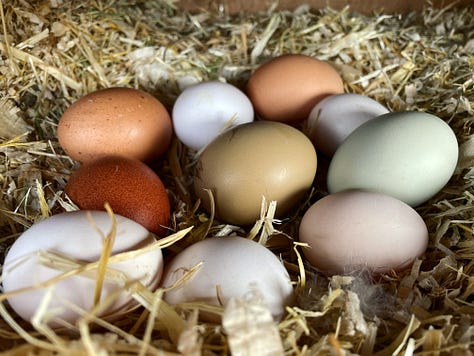
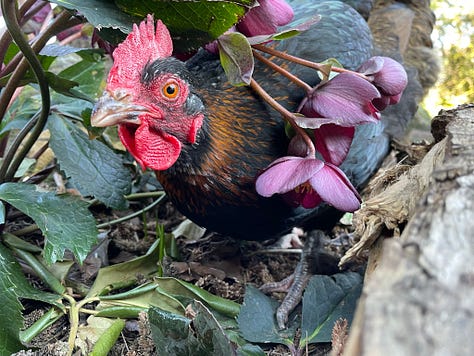
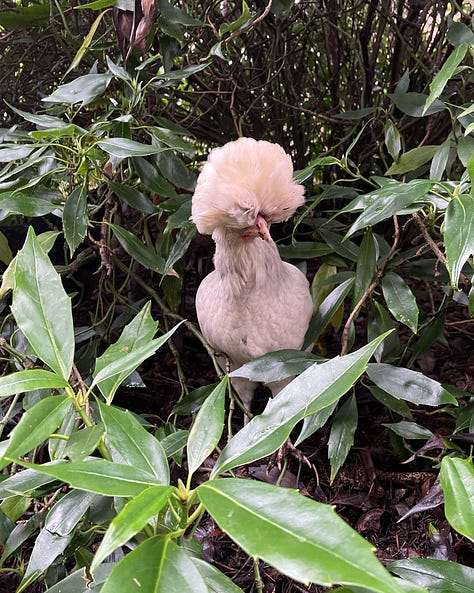
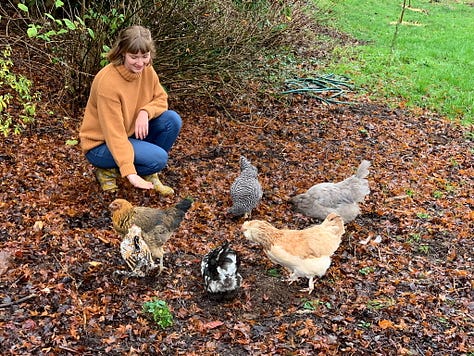

If you’d like to check out Tove’s book you can find it wherever you can buy books.
Also, if you’ve like to check out Tove’s chicken Instagram account, which I highly recommend, it’s @bestlittlehenhouse
And Tove’s website is here, if you’d like to get in touch with her.
By the way, I also looked up the word husband (from ‘animal husbandry’) and it seems that the verb to husband, meaning "to manage carefully," derives from an older meaning of husband or huseband, from Old English, hūsbōnda, from Old Norse, hūsbōndi (hūs, 'house' + bōndi, būandi, present participle of būa, 'to dwell', so, etymologically, 'a householder'). Husband in the 14th century referred to the ownership and care of a household or farm, but today means the "control or judicious use of resources.” Well, that was a mouthful.


